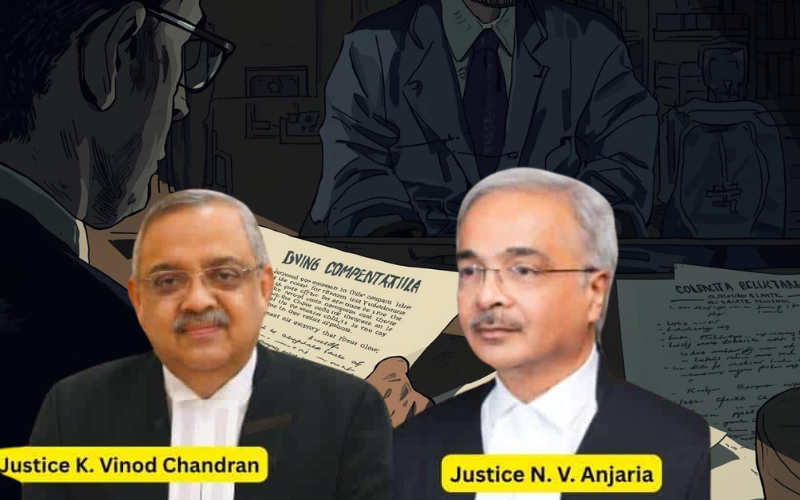Supreme Court Reinstates Tribunal's Award in Motor Accident Compensation Case
In the recent Supreme Court has reinstated the compensation originally awarded by the Tribunal for the tragic death of a minor child in a motor vehicle accident. This decision marks a significant moment in the interpretation and application of the Motor Vehicles Act, 1988, particularly concerning compensation calculations for the loss of dependency and other associated claims.
Background of the Case:
The case revolves around the unfortunate demise of a 10-year-old boy who was struck by a bus operated by the Tamil Nadu State Transport Corporation while cycling to school. The initial Tribunal awarded compensation to the grieving parents, taking into account various factors including the monthly income of the child, a multiplier for loss of dependency, and additional compensation for filial consortium, funeral expenses, and transportation costs.
The Madurai Bench of the Madras High Court later reduced the compensation, citing the Schedule II of the Motor Vehicles Act, which is typically applied in 'no fault liability' cases under Section 163A. The High Court's decision significantly lowered the amount calculated for loss of dependency and made deductions to other components of the compensation.
Supreme Court's Analysis and Decision:
The Supreme Court, led by Justices K. Vinod Chandran and N.V. Anjaria, scrutinized the High Court's rationale for applying Schedule II, emphasizing that it is not applicable under Section 166 where negligence is established. The original Tribunal had rightly adopted a monthly income of Rs. 5,000 for the child, based on a precedent from a Division Bench decision, and applied a multiplier of 18, which the Supreme Court found appropriate.
The Court further examined the components of compensation:
- 1. Loss of Dependency: The Supreme Court found the Tribunal's adoption of Rs. 5,000 per month and the multiplier of 18 suitable, leading to a compensation of Rs. 7,50,000 for loss of dependency.
- 2. Filial Consortium: The Court adjusted this component based on the Constitution Bench decision in Pranay Sethi, awarding Rs. 80,000.
- 3. Funeral Expenses: These were reduced to Rs. 15,000, as also decided by the High Court.
- 4. Other Expenses: The Supreme Court reinstated the amounts awarded for transportation and the loss of dress, ornaments, and cycle, which the High Court had erroneously deleted.
Outcome and Implications:
The Supreme Court's decision restored the Tribunal's award of Rs. 8,70,000, emphasizing a fair and just compensation that reflects the tragedy suffered by the family. This judgment serves as a critical precedent in motor accident cases, reinforcing the need for careful consideration of compensation components and adherence to the principles of justice and equity.
Furthermore, the decision underscores the importance of distinguishing between claims under Section 163A and Section 166 of the Motor Vehicles Act, ensuring that negligence is appropriately accounted for in compensation calculations. The judgment also highlights the role of various components in determining comprehensive compensation, providing clarity on the application of multipliers and the scope of filial consortium.
In conclusion, the Supreme Court's judgment in Thangavel v. Tamil Nadu State Transport Corporation Limited not only provides relief to the aggrieved family but also sets a significant precedent for future cases, reinforcing the principles of fair compensation in motor vehicle accidents.




